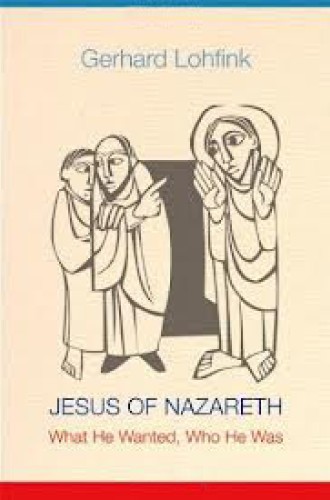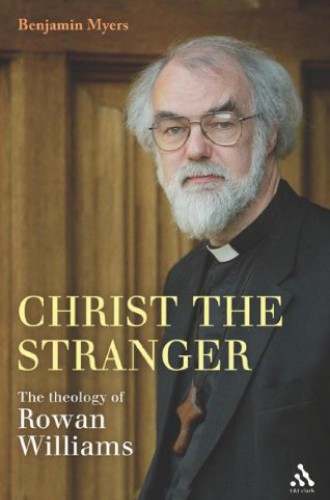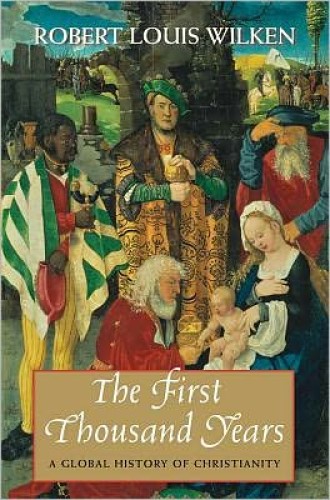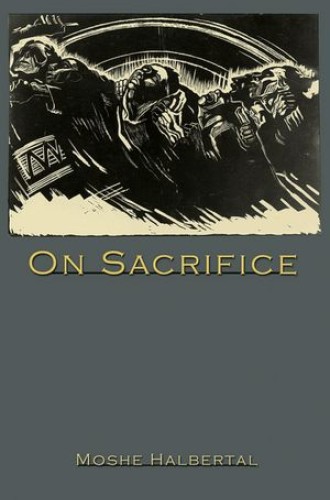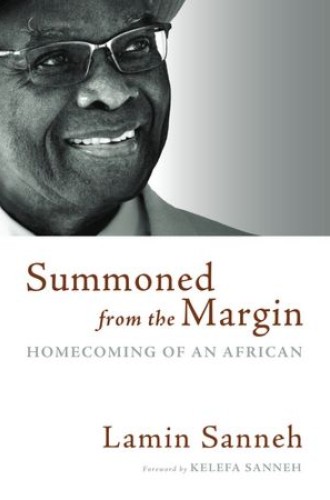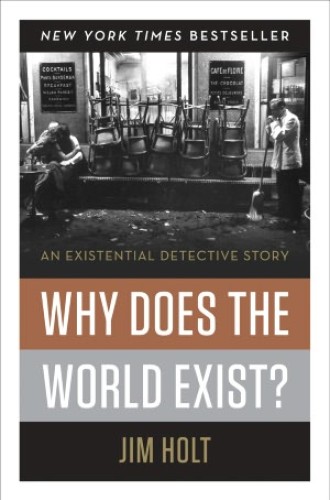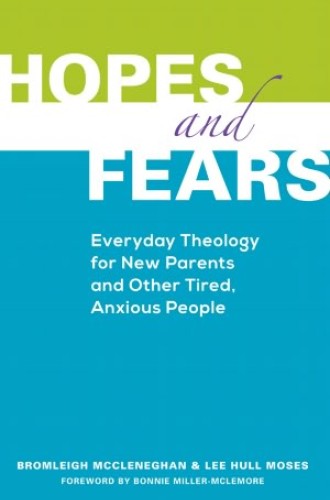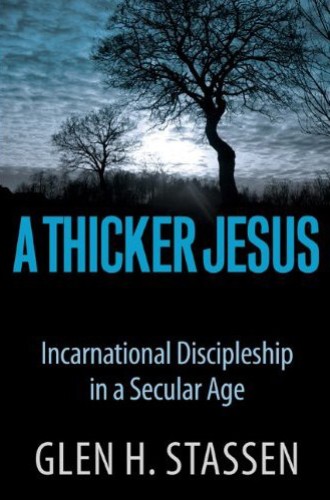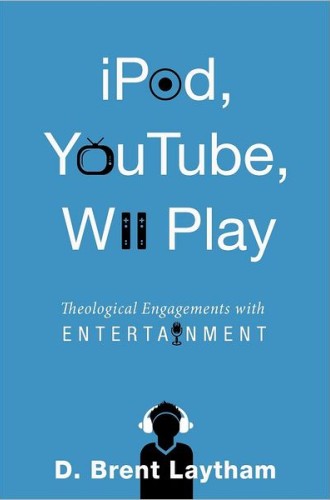Theology & philosophy
Jesus of Nazareth: What He Wanted, Who He Was, by Gerhard Lohfink. The attempt to distinguish the authentic words of Jesus from the inauthentic ones has the whiff of silliness, says Lohfink. The Gospel writers, drawing from numerous traditions about Jesus, put together a narrative interpretation of his life and ministry. The Gospels are interpretation through and through; neither facts nor authentic sayings can be extracted as if panning for gold. The constant temptation in Jesus studies is to re-create him in our own image. Lohfink thinks we need a community of interpretation to protect against private interpretations. Jesus emerged from an interpretative community, Israel, within which he must be understood, and today the church serves as the interpretative community.
Christ the Stranger: The Theology of Rowan Williams, by Benjamin Myers. Williams, just concluding his tenure as archbishop of Canterbury, is a brilliant and restless thinker. His reflections are as apt to be expressed in poems, sermons, literary essays or devotional booklets as in scholarly books. “Williams is really just a person who has taken his imagination to church,” writes Myers, who identifies major themes—such as sociality, renunciation and sainthood—and conveys the spirit of Williams’s life of holiness and prayer. Readers not only learn a good deal about options in theology; they get to journey with a creative theologian as he “listens to God and replies to God while looking at the crucified Jesus.”
The First Thousand Years: A Global History of Christianity, by Robert Louis Wilken. Christian faith didn’t just create a religious community. Wherever it spread it created a civilization. Wilken narrates the flowering of that civilization, beginning with Jesus and ending with the baptism in 988 of Vladimir, the Rus prince. Early Christians made contributions to art and music—monks created the system of musical notation—and created hospitals. Wilken looks beyond the West to the story of the church in Ethiopia, Nubia, Armenia, Georgia, Persia, Central Asia, India and China. Several chapters are devoted to the experience of Christians living under Muslim rule.


